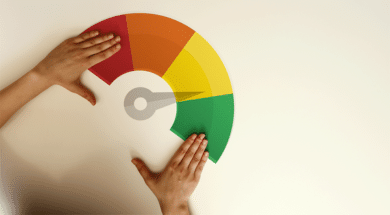Credit reports are a crucial aspect of financial management for individuals, as they provide an overview of their credit history and financial behavior. However, credit reports are not always accurate, and errors can occur that negatively impact credit scores and loan applications. The most common types of credit report errors include incorrect personal information, incorrect account status, inaccurate payment history, fraudulent accounts, and outdated information. It is essential to regularly review credit reports to identify and correct any errors that may be present, as they can have significant consequences for financial health and stability.

Most common types of credit report errors that one may encounter:
1. Incorrect personal information:
Incorrect personal information is one of the most common types of credit report errors. This can include incorrect names, addresses, or social security numbers. The reasons for this type of error can vary, from simple mistakes, such as typos or data entry errors, to identity theft. If personal information is incorrect on a credit report, it can cause confusion and problems when applying for credit, loans, or other financial products.
2. Incorrect account status:
Incorrect account status is another common type of credit report error. This occurs when the status of an account is reported incorrectly on a credit report. For example, a current account may be reported as delinquent or a closed account may be reported as open. This type of error can occur when a creditor fails to update an account status or reports incorrect information to a credit reporting agency.
3. Inaccurate payment history:
Inaccurate payment history is another common type of credit report error. This occurs when a payment is reported as missed or late when it was made on time or vice versa. This type of error can occur due to a data entry mistake, processing error, or misunderstanding between the creditor and the credit reporting agency.
4. Fraudulent accounts:
Fraudulent accounts are a serious issue and can cause significant damage to an individual’s credit score and financial health. Fraudulent accounts occur when someone steals an individual’s identity and opens accounts in their name without their knowledge or consent. This can include credit cards, loans, or other financial product.
5. Outdated information:
Outdated information is another common type of credit report error. This can occur when a creditor or reporting agency fails to update information on a credit report in a timely manner. Outdated information can include debts that have been paid off, bankruptcies that have been discharged, or collection accounts that have been settled.
Bottom line:
In conclusion, credit report errors are a prevalent issue that can harm an individual’s financial health and stability. The most common types of credit report errors include incorrect personal information, incorrect account status, inaccurate payment history, fraudulent accounts, and outdated information. It is crucial to review credit reports regularly and take steps to correct any errors to ensure that credit scores and loan applications are not negatively affected. By monitoring credit reports and addressing errors promptly, individuals can maintain their financial health and ensure that their credit history accurately reflects their financial behavior.




